We are thrilled to welcome Jussif Barakat Martínez as Tafelmusik’s new double bassist. Recently based in The Hague, the Ecuadorian-Palestinian musician found his path to classical music through the world of jazz and credits an encounter with violinist Marc Destrubé (an early member of Tafelmusik) with his introduction to historical performance practice.
In 2019 Jussif received his double Master of Music degrees in double bass and violone from the Royal Conservatoire, Den Haag. He has performed with the Netherlands Bach Society, Orchestra of the Eighteenth Century, Le Concert des Nations, Dunedin Consort, and La Petit Bande, among others.
Jussif is also an accomplished jazz musician who draws on a wide range of global music influences. We caught up with him recently to talk about the musical soundscape of his hometown of Quito, Ecuador — a UNESCO World Heritage site, the connections between baroque and jazz music, and more.
You can catch Jussif live in Mozart 40 & Schubert 5, our opening concerts of the season on September 26, 27, & 28 at Koerner Hall.
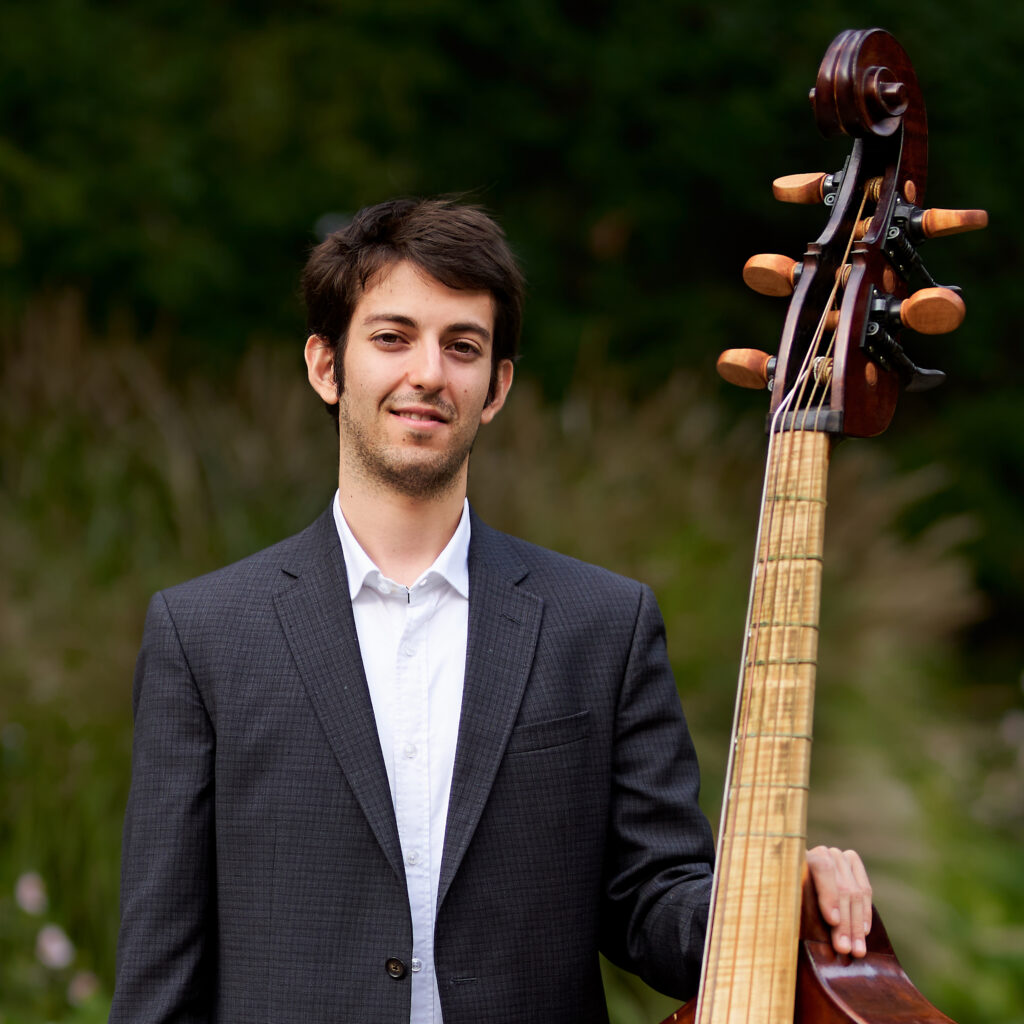
How did music first enter your life?
Growing up in Quito, I was surrounded by so many different kinds of music, like the pasillo, albazo, san juanito, salsa, Arabic music, and Cuban music, though at the time I didn’t know those terms. My mother kept me busy after school and during summer breaks, usually with sports. At first I wanted to play the drums, then I tried electric guitar, but eventually I landed on the electric bass. Later, I met a drummer who played jazz and I immediately felt a strong pull towards that world.

What initially attracted you to the double bass as an instrument?
I was attracted to double bass when I entered a pre-college jazz program where I learned about jazz legends like Ray Brown, Paul Chambers, and Scott Lafaro. My teacher encouraged me to learn the instrument to better understand the sound of jazz. Playing the electric bass alone would have made that very difficult.
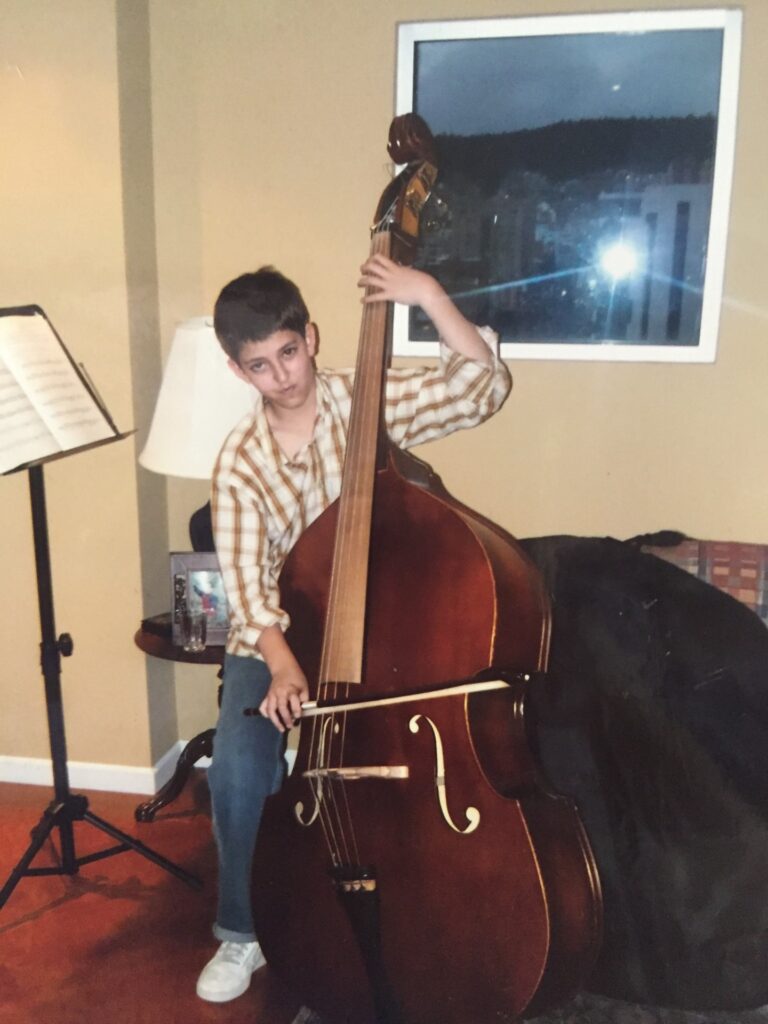
We’ve heard that an encounter with former Tafelmusik violinist Marc Destrubé served as your introduction to historical performance practice. Can you tell us more about that?
While studying at the Franz Liszt Conservatory in Quito, I had the opportunity to attend a summer course abroad. Since I didn’t have a specific program in mind, I was encouraged to try the Baroque Performance Institute at Oberlin College and Conservatory in Ohio. There, I met Marc, who was my ensemble coach for a performance of Bach’s Brandenburg Concerto no. 6. That experience sparked my interest in understanding the gestures, groove, and rhetoric in written music. Because of Marc, I went on to study in The Hague.
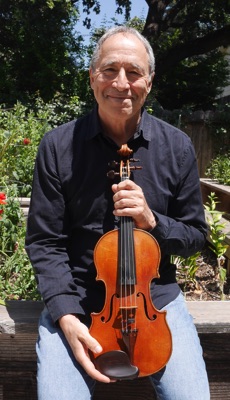
Growing up in Ecuador, what were your major cultural influences?
I grew up experiencing some of Ecuador’s traditions, especially during Carnaval, with its deep connection to nature—honouring water, earth, sun, moon, volcanoes, and animals. I also remember listening to good cumbia and techno-cumbia on the public transportation I sometimes took.
How many languages do you speak, and is there one in which you feel most comfortable?
I speak Spanish, English, Arabic, and a bit of Dutch. I’m most comfortable in Spanish.
In addition to your work in early music, you also perform with jazz ensembles as a double bassist and bass guitarist. Do you keep the worlds of early music and jazz completely separate, or allow them to cross-pollinate each other?
I don’t see them as completely separate worlds—more like two different languages that share a lot of the same roots. Jazz has taught me to think harmonically and rhythmically, while early music has deepened my sense of rhetoric, nuance, and emotional “affect.” In both I like to look for groove, phrasing, and deep listening. It has helped me quite a lot to think of written music like scat singing, with different syllables and rhythms. I feel that one is quietly shaping how I play the other.
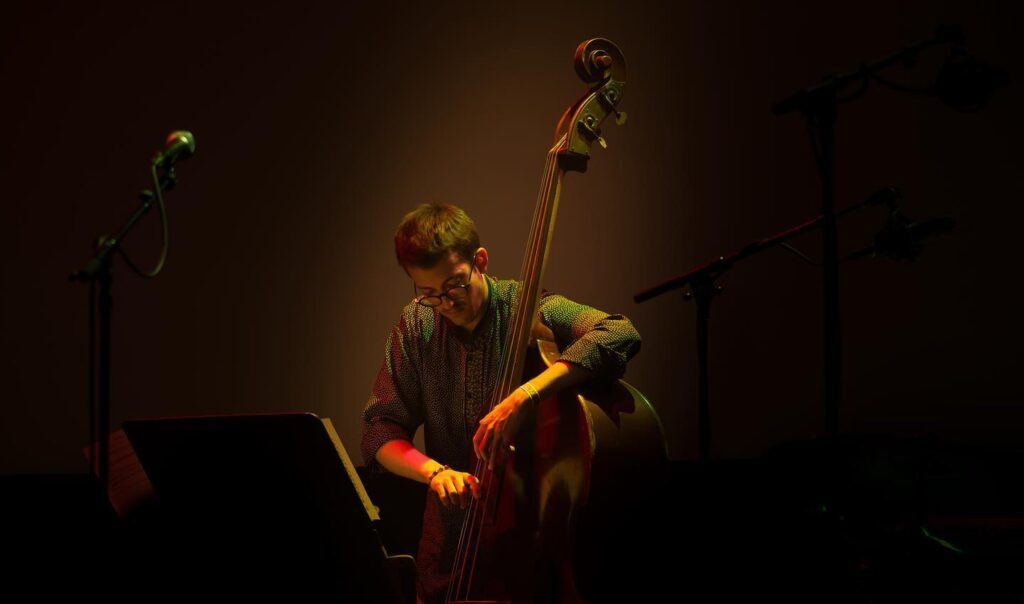
What music have you been listening to most recently, baroque or otherwise?
I’ve been listening to Joe Henderson’s Inner Urge. I’m particularly drawn to the way drummer Elvin Jones plays in general. And I’ve also been exploring several interpretations of Schubert’s Symphony no. 5, which is on the program for Tafelmusik’s opening concert of the 2025/26 season.
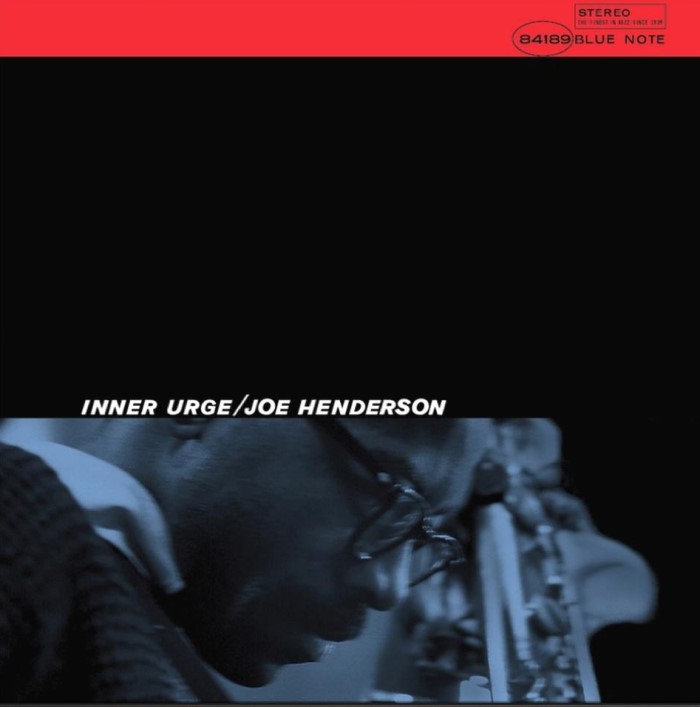
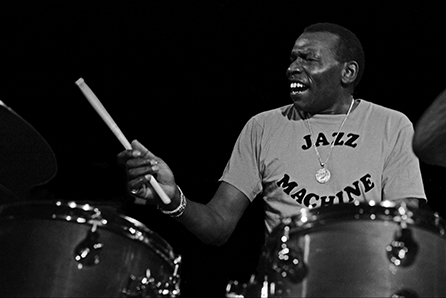
If music had not been possible as a career, what would you most likely be doing now?
I’m not sure, but I think I would have pursued martial arts, something that combines physical discipline, mental focus, and personal growth. I’m drawn to practices that require patience, dedication, and a balance between strength and sensitivity. In many ways, the mindset is similar to music: you’re constantly refining your craft, listening deeply, and responding in the moment.
I have a strong interest in martial arts, not just for the physical training but for the discipline and mental focus it develops — qualities I also bring into music. I’ve been training in taekwondo for the past eight years in The Hague.
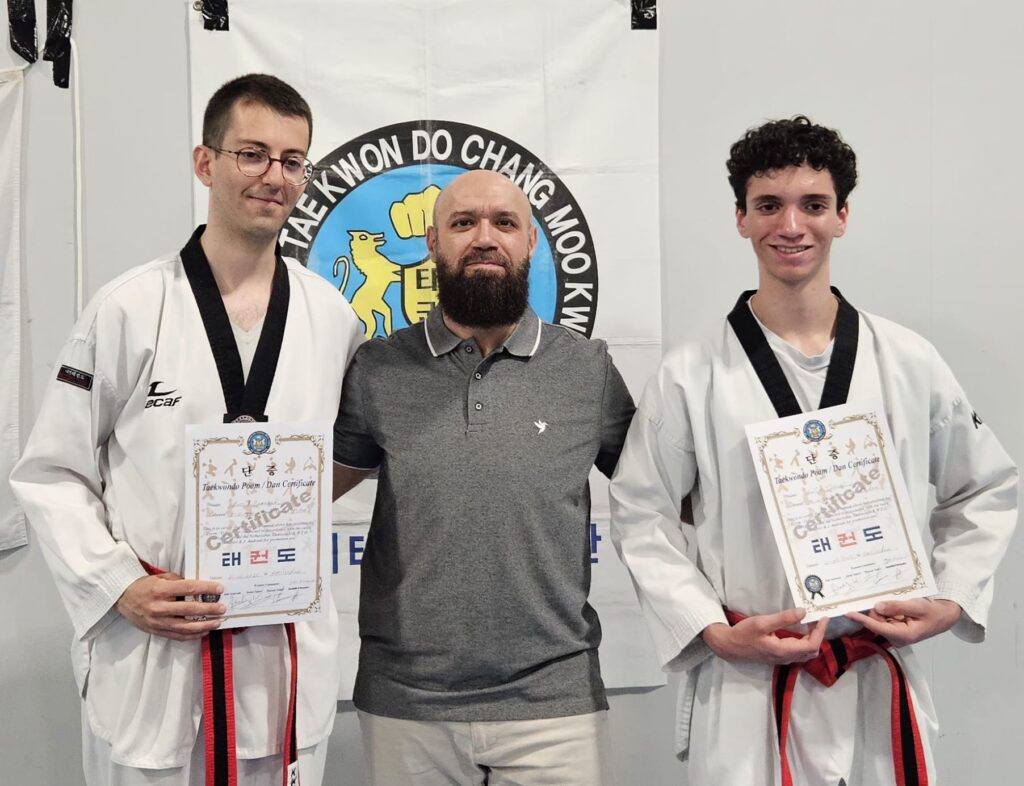
What do you most look forward to discovering in Toronto?
I’m really looking forward to checking out the jazz scene and meeting new musicians.

